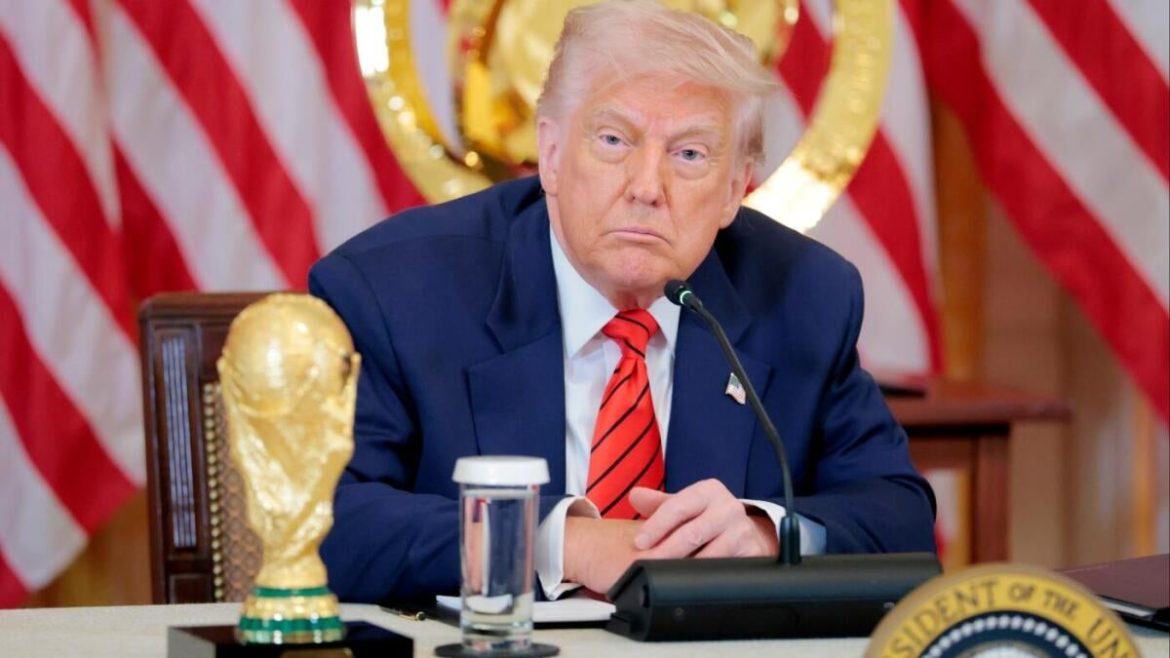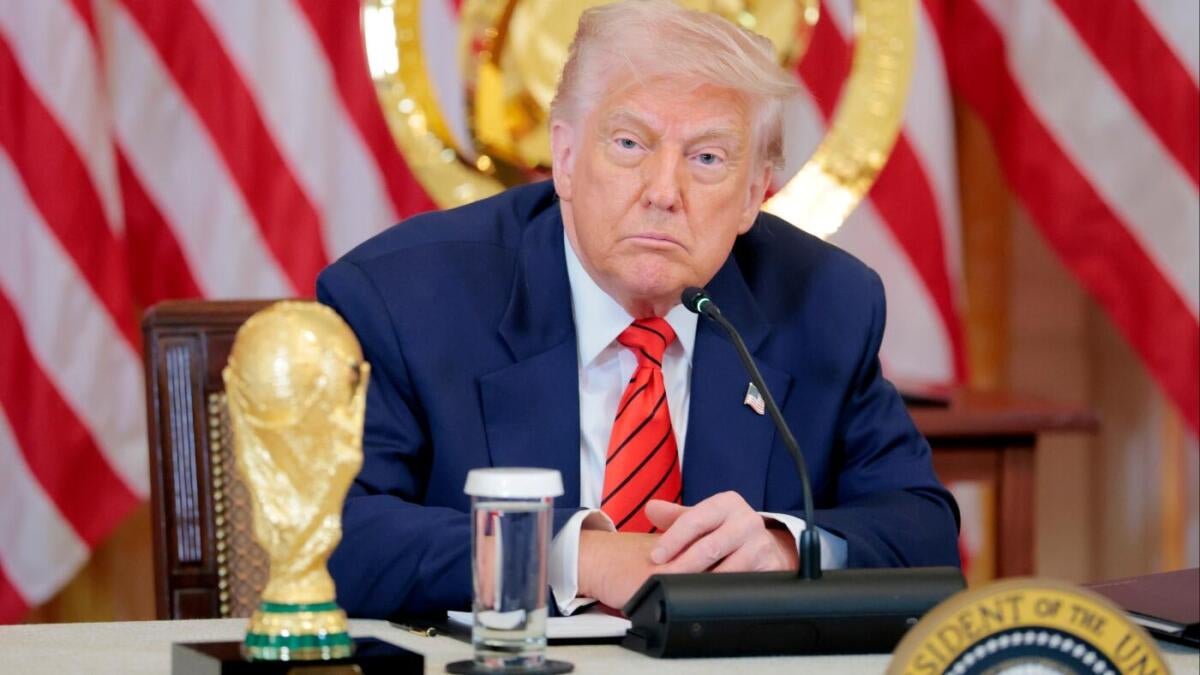The Implications of Donald Trump’s Travel Ban on Major International Sporting Events in the United States
The intersection of geopolitics and global sports has become increasingly pronounced with the introduction of travel restrictions by governments. The travel ban recently instituted under President Donald Trump’s administration raises significant questions and concerns regarding the accessibility and inclusivity of the United States-hosted international sporting events, specifically the 2026 FIFA World Cup and the 2028 Olympic Games. This analysis explores the impact and nuances of the travel restrictions on teams, fans, and the broader sporting community.
Understanding the Travel Ban and Its Scope
At its core, the travel ban imposes partial or full restrictions on entry to the U.S. for nationals of a set of designated countries. These countries include Afghanistan, Burma, Chad, Republic of the Congo, Equatorial Guinea, Eritrea, among others—amounting to a total of 12 affected nations. The rationale cited relates to concerns about insufficient vetting, screening processes, and countries’ refusal to accept the return of their citizens.
Notably, the executive order accompanying the travel ban includes carve-outs or exemptions for athletes and teams attending “major sporting events” such as the World Cup and the Olympics. This exemption allows foreign athletes and sports teams to travel for participation purposes, as determined by the U.S. Secretary of State. However, the order is conspicuously silent regarding fans and other non-athlete attendees from these countries.
Implications for the 2026 FIFA World Cup
The 2026 World Cup, set to be hosted in the U.S., Mexico, and Canada, is projected to be the largest ever in terms of teams and global attention. The travel ban’s endorsement of athlete participation ensures that national teams from affected countries can potentially compete without direct hindrance, assuming diplomatic clearances are secured.
However, the lack of explicit fan exemptions raises challenges for supporters wishing to travel to the U.S. to cheer their teams. Fans from banned nations could face visa denials or heightened scrutiny, complicating their ability to attend matches. For example, Iran’s soccer fandom has historically faced visa difficulties; the ban exacerbates such barriers. This situation threatens to diminish the vibrant multicultural atmosphere that global sporting events thrive upon and may reduce ticket sales and broader fan engagement.
Furthermore, international club competitions such as the FIFA Club World Cup or regional tournaments like the Gold Cup could be indirectly affected if the players or staff hail from restricted countries. Although the immediate impact may be limited due to the specific countries involved and tournament schedules, uncertainty remains.
Effects on the 2028 Olympic Games in Los Angeles
The Olympic Games represent a gathering of cultures and nations, emphasizing unity and global cooperation. The travel ban’s presence during the 2028 Games could complicate travel logistics, especially for athletes, officials, and fans from the affected countries. While athlete participation benefits from exemptions, the broader Olympic community—including spectators, family members, and support personnel—may encounter significant obstacles.
The ban’s effect could extend beyond direct access. It may influence diplomatic relationships, international perceptions of the U.S.’s openness to world visitors, and the overall spirit of inclusivity central to the Olympics. The apprehension surrounding visa approvals could deter attendance or participation from some nations, reducing the global representativeness of the Games.
Balancing Security Concerns and Sporting Inclusivity
The travel ban reflects broader national security and immigration priorities. From a governmental standpoint, the aim is to strengthen vetting to protect citizens. Yet, the rigid application of travel restrictions in the context of international sports events presents a tension between security and the ethos of open competition and cultural exchange.
Athletes’ exemptions demonstrate an acknowledgment of this balancing act, but the absence of fan exemptions points to unresolved complexities. Sporting events rely heavily on fan presence for atmosphere, economic success, and cultural impact.
Potential Administrative and Diplomatic Resolutions
Addressing these challenges will require coordinated efforts among the U.S. government, international sporting bodies such as FIFA and the International Olympic Committee (IOC), and diplomatic channels. Temporary adjusted visa policies or special sporting event passes for fans could mitigate restrictions without compromising security protocols.
Engagement between the U.S. State Department, Department of Homeland Security, and sports organizers might lead to streamlined processes that respect both safety and inclusivity. Further, transparent communication can help affected fans understand their options, reducing confusion and frustration.
Conclusion: Navigating Challenges for Global Sporting Unity
Donald Trump’s travel ban introduces significant hurdles in the context of hosting high-profile international sports events in the United States, especially the 2026 FIFA World Cup and 2028 Olympic Games. While athlete participation is generally protected under current exemptions, uncertainty and barriers remain for fans and other event attendees from the restricted countries. These limitations risk undermining the spirit of global unity and cultural exchange that such events epitomize.
Successfully navigating these challenges will necessitate thoughtful policymaking and international cooperation to ensure that the world’s most cherished sporting celebrations remain inclusive, secure, and vibrant. The future of America’s role as a hospitable host on the global sports stage depends on balancing security considerations with the universal appeal and accessibility of sport.





